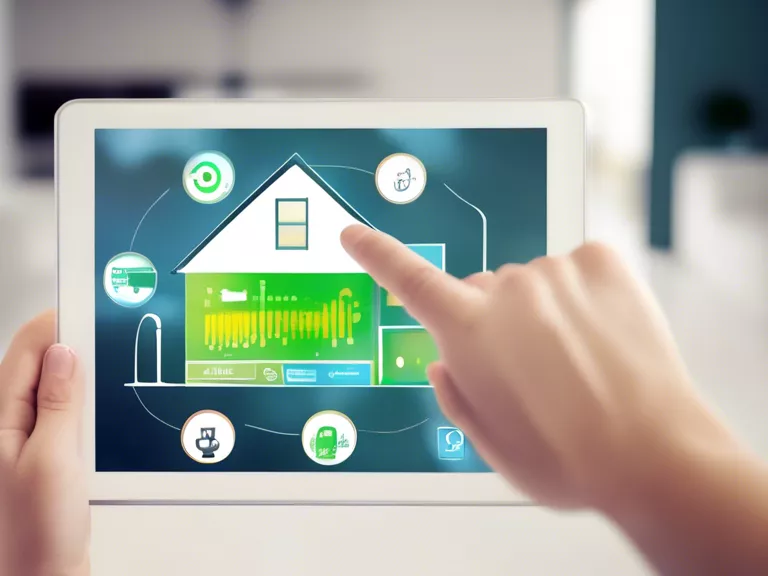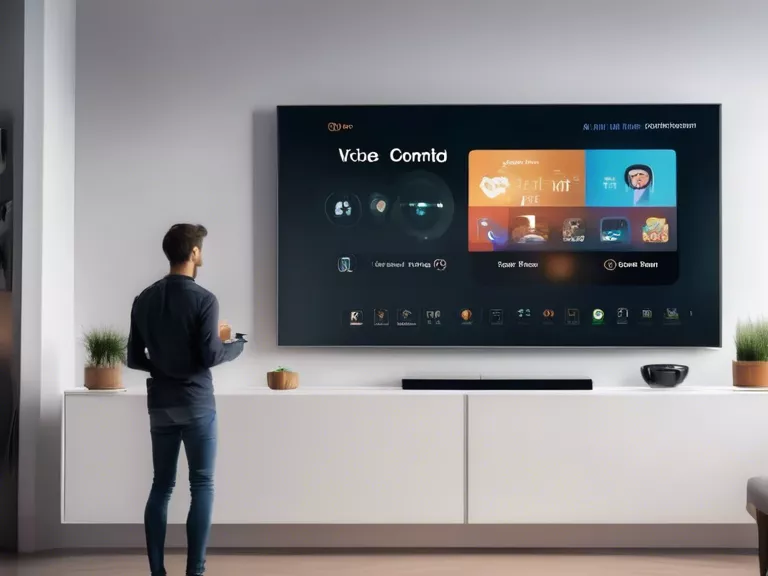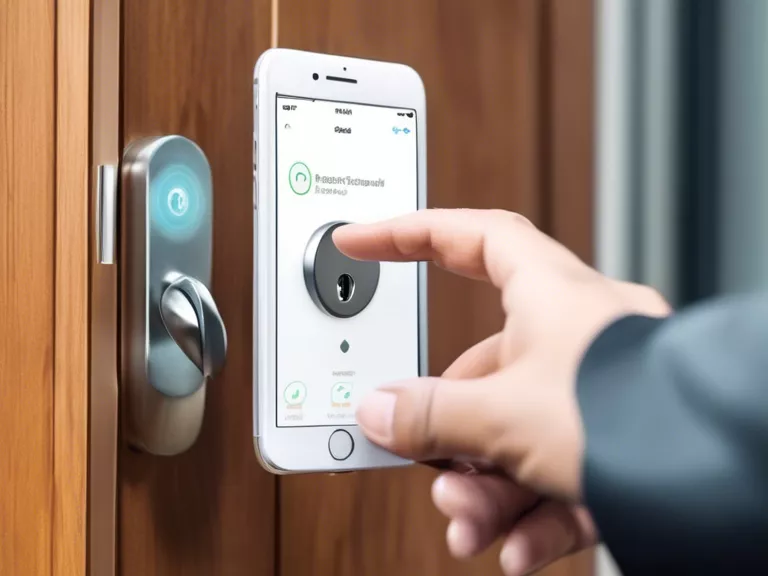
In today's world of advancing technology, smart home devices have revolutionized the way we manage our homes, including energy efficiency. From thermostats to lighting systems, these devices play a significant role in reducing energy consumption and promoting sustainability. Let's explore the various ways in which smart home devices contribute to managing home energy efficiency.
One of the key benefits of smart home devices is their ability to automate energy-saving processes. For example, smart thermostats can learn your schedule and adjust the temperature accordingly to optimize energy usage. Similarly, smart lighting systems can be programmed to turn off when no one is in the room, reducing unnecessary electricity consumption.
In addition to automation, smart home devices also provide real-time energy usage data. By monitoring your energy consumption habits, you can identify areas where you can make adjustments to save energy. This data can help you track your progress towards energy efficiency goals and make informed decisions about your energy usage.
Another way smart home devices help manage home energy efficiency is by enabling remote control. With the help of mobile apps, you can adjust your thermostat, turn off lights, or even unplug devices from anywhere, ensuring that no energy is wasted when you're not at home.
Furthermore, smart home devices can be integrated with renewable energy sources such as solar panels or wind turbines. By combining these technologies, you can further reduce your reliance on traditional energy sources and lower your carbon footprint.
Overall, smart home devices play a crucial role in managing home energy efficiency by automating processes, providing real-time data, enabling remote control, and integrating renewable energy sources. With the increasing focus on sustainability and energy conservation, these devices are becoming essential tools for homeowners looking to reduce their environmental impact.

